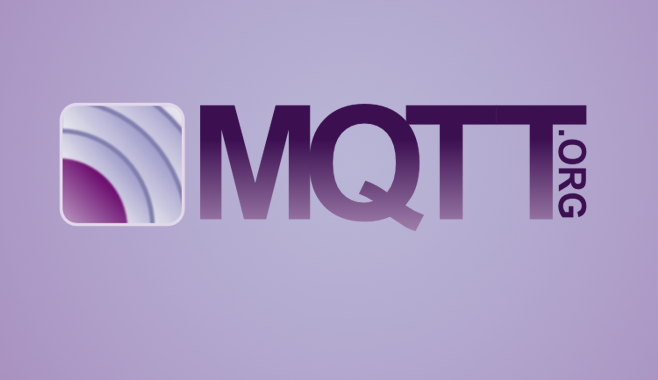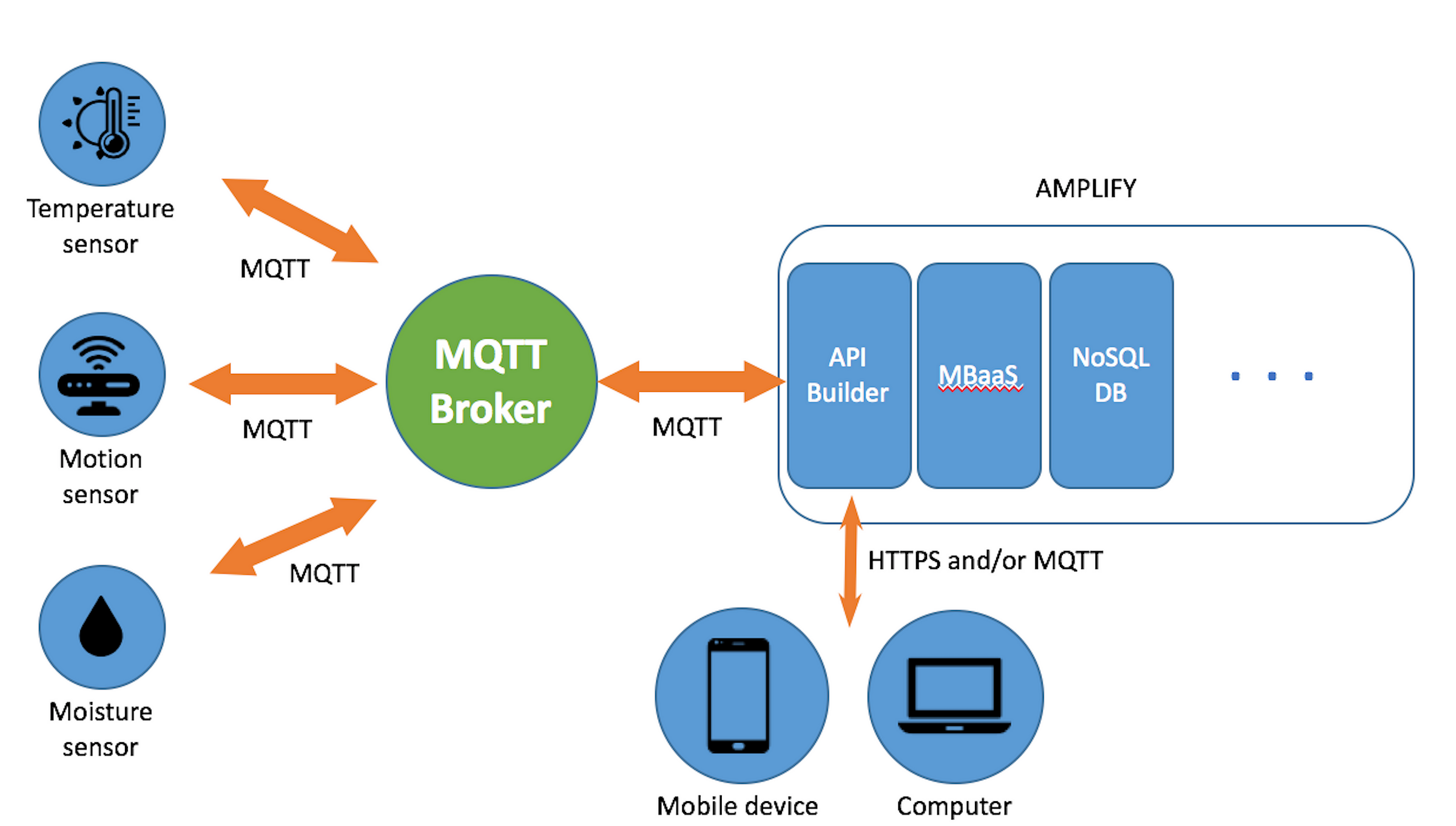Whai is MQTT
Last updated: 22 Jun 2019 | 28555 Views |

MQTT is a machine-to-machine (M2M)/"Internet of Things" connectivity protocol. It was designed as an extremely lightweight publish/subscribe messaging transport. It is useful for connections with remote locations where a small code footprint is required and/or network bandwidth is at a premium. For example, it has been used in sensors communicating to a broker via satellite link, over occasional dial-up connections with healthcare providers, and in a range of home automation and small device scenarios. It is also ideal for mobile applications because of its small size, low power usage, minimised data packets, and efficient distribution of information to one or many receivers
The MQTT standard was originally invented by IBM to efficiently transfer data between embedded systems. In 2010, IBM released a royalty-free version of the MQTT standard. The MQTT 3.1.1 standard became an OASIS standard in 2014. Today, developers routinely use MQTT for connecting IoT devices.

Why Use MQTT? Why Not HTTP?
HTTP and MQTT were designed to accomplish different tasks: MQTT is optimized for data. HTTP is for documents.
HTTP uses a request-response method to transmit documents. Both the server and the client must be available. HTTP is extendable and you can adapt it to your needs, but the flexibility often becomes a burden on mobile or IoT devices where power usage, efficiency, and limited connectivity are concerns.
MQTT uses a publish-subscribe method to send data. Clients can publish messages to topics and subscribe to receive updates as they happen. MQTT requires an intermediary, called a broker, to handle queuing and transmitting messages. Clients can come and go without disrupting the ability for messages to be transmitted and MQTT is designed to be lightweight.
MQTT is perfect for limited connectivity situations commonly encountered with IoT.
Sources : http://mqtt.org/
https://medium.com/@ashiqgiga07/mqtt-with-python-part-1-a38e64308c76
https://www.pubnub.com/blog/mqtt-and-serverless-getting-started-guide-for-internet-of-things/
Related content
What is Arduino?
22 Jun 2019
